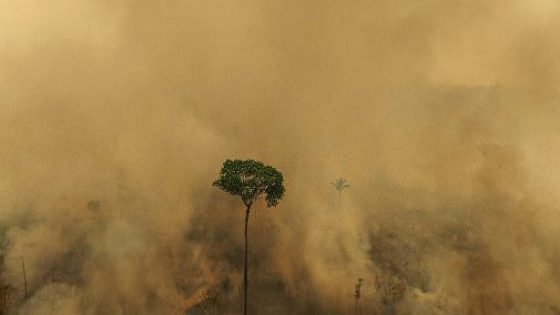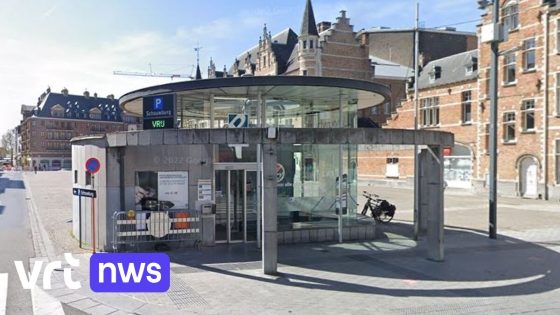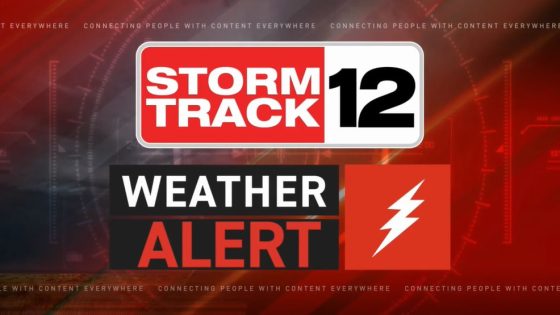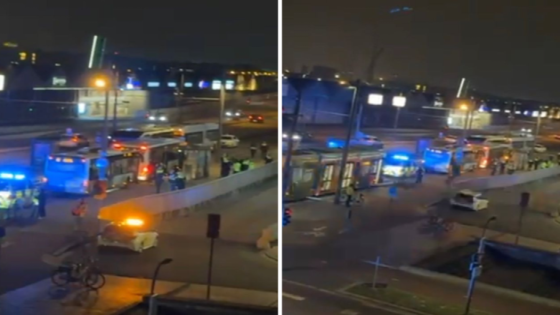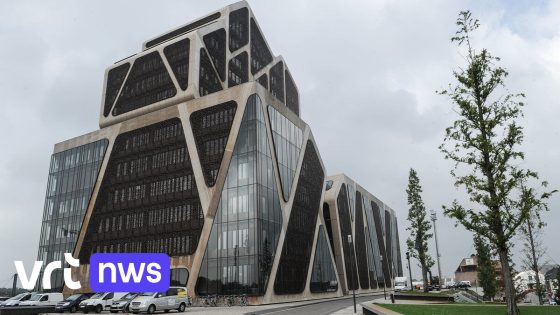The year 2024 marked a concerning rise in wildfires across Brazil, with significant areas burned in nearly every biome. This alarming trend, particularly in forested regions, raises questions about the future of Brazil’s rich biodiversity.
- 2024 saw alarming fire increase in Brazil.
- Drought linked to "El Niño" phenomenon.
- 73% of burned area was native vegetation.
- Amazon suffered the most destruction.
- Fires primarily caused by pasture expansion.
- Urgent need for coordinated environmental actions.
As reported on January 22, 2025, the fires have been exacerbated by a severe drought linked to the “El Niño” phenomenon. How can we address this escalating crisis?
Wildfires in Brazil: A Growing Environmental Crisis with Global Implications
Why are the wildfires in Brazil so alarming? The fires have devastated vast areas, particularly in the Amazon, which is crucial for global biodiversity and climate regulation. The destruction of 17.9 million hectares in 2024 alone raises urgent concerns about the health of our planet.
Understanding the Causes and Consequences of Brazil’s Wildfires
The wildfires in Brazil are largely driven by human activities, particularly land clearing for agriculture. The combination of a prolonged drought and the El Niño phenomenon has made vegetation more susceptible to fire, leading to record-breaking destruction.
The Impact of Wildfires on Brazil’s Ecosystems
Wildfires have severe consequences for Brazil’s diverse ecosystems. The majority of the area burned in 2024 consisted of native vegetation, particularly forests. This loss not only threatens wildlife habitats but also contributes to increased carbon emissions.
- 73% of burned areas were native vegetation.
- 6.7 million hectares were cleared for pasture.
- The Amazon suffered the most, with 58% of total burned area.
- This is the largest area affected in the last six years.
Global Repercussions of Brazil’s Fire Crisis
The wildfires in Brazil have far-reaching effects beyond its borders. As one of the world’s largest carbon sinks, the Amazon plays a critical role in regulating global climate. The destruction of this vital region could accelerate climate change, impacting weather patterns and ecosystems worldwide.
What Can Be Done to Address This Crisis?
Addressing the wildfire crisis in Brazil requires immediate and coordinated action. Governments, NGOs, and local communities must work together to implement sustainable land management practices and restore damaged ecosystems. Public awareness and international cooperation are essential in combating this growing threat.
In conclusion, the wildfires in Brazil represent a significant environmental crisis that demands urgent attention. The implications of this disaster extend beyond Brazil, affecting global climate health and biodiversity. How can we all contribute to a solution?



